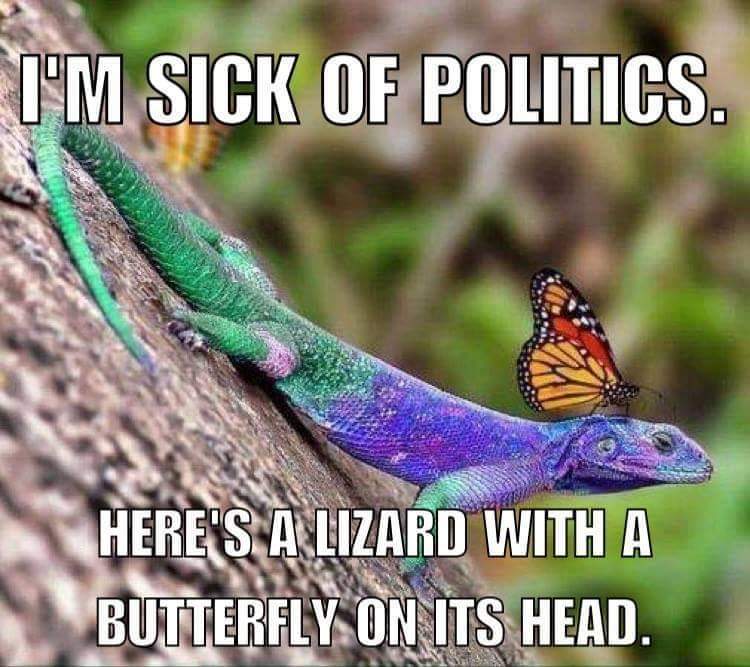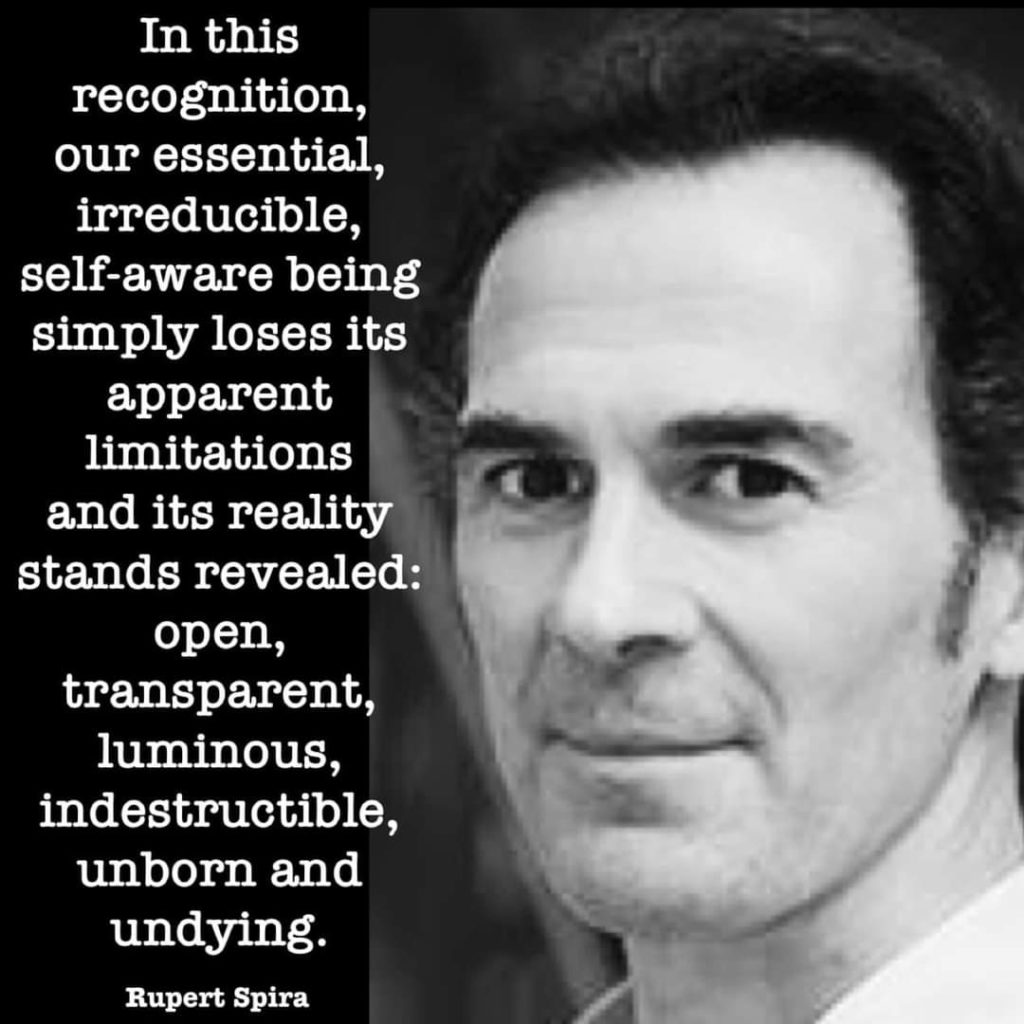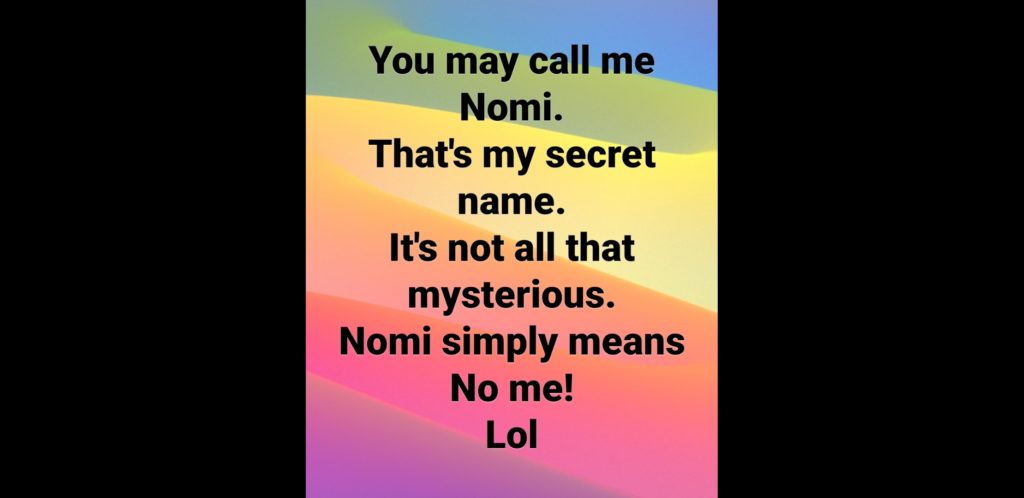
Category Archives: Consciousness
Give up on consciousness as ‘the ghost in the machine’?
Is it time to give up on consciousness as ‘the ghost in the machine’?
Peter Halligan, Cardiff University, David A Oakley, UCL
June 3, 2021 3.21pm BST
As individuals, we feel that we know what consciousness is because we experience it daily. It’s that intimate sense of personal awareness we carry around with us, and the accompanying feeling of ownership and control over our thoughts, emotions and memories.
But science has not yet reached a consensus on the nature of consciousness – which has important implications for our belief in free will and our approach to the study of the human mind.
Beliefs about consciousness can be roughly divided into two camps. There are those who believe consciousness is like a ghost in the machinery of our brains, meriting special attention and study in its own right. And there are those, like us, who challenge this, pointing out that what we call consciousness is just another output generated backstage by our efficient neural machinery.
Over the past 30 years, neuroscientific research has been gradually moving away from the first camp. Using research from cognitive neuropsychology and hypnosis, our recent paper argues in favour of the latter position, even though this seems to undermine the compelling sense of authorship we have over our consciousness.
And we argue this isn’t simply a topic of mere academic interest. Giving up on the ghost of consciousness to focus scientific endeavour on the machinery of our brains could be an essential step we need to take to better understand the human mind.
Is consciousness special?
Our experience of consciousness places us firmly in the driver’s seat, with a sense that we’re in control of our psychological world. But seen from an objective perspective, it’s not at all clear that this is how consciousness functions, and there’s still much debate about the fundamental nature of consciousness itself.
One reason for this is that many of us, including scientists, have adopted a dualist position on the nature of consciousness. Dualism is a philosophical view that draws a distinction between the mind and the body. Even though consciousness is generated by the brain – a part of the body – dualism claims that the mind is distinct from our physical features, and that consciousness cannot be understood through the study of the physical brain alone.
It’s easy to see why we believe this to be the case. While every other process in the human body ticks and pulses away without our oversight, there is something uniquely transcendental about our experience of consciousness. It’s no surprise that we’ve treated consciousness as something special, distinct from the automatic systems that keep us breathing and digesting.
But a growing body of evidence from the field of cognitive neuroscience – which studies the biological processes underpinning cognition – challenges this view. Such studies draw attention to the fact that many psychological functions are generated and carried out entirely outside of our subjective awareness, by a range of fast, efficient non-conscious brain systems.
Consider, for example, how effortlessly we regain consciousness each morning after losing it the night before, or how, with no deliberate effort, we instantly recognise and understand shapes, colours, patterns and faces we encounter.
Consider that we don’t actually experience how our perceptions are created, how our thoughts and sentences are produced, how we recall our memories or how we control our muscles to walk and our tongues to talk. Simply put, we don’t generate or control our thoughts, feelings or actions – we just seem to become aware of them.
Becoming aware
The way we simply become aware of thoughts, feelings and the world around us suggests that our consciousness is generated and controlled backstage, by brain systems that we remain unaware of.
Our recent paper argues that consciousness involves no separate independent psychological process distinct from the brain itself, just as there’s no additional function to digestion that exists separately from the physical workings of the gut.
An artist’s impression of neurons in the brain
The neural machinery of the brain may be all we need to study in order to understand the human mind. MattLphotography/Shutterstock
While it’s clear that both the experience and content of consciousness are real, we argue that, from a science explanation, they are epiphenomenal: secondary phenomena based on the machinations of the physical brain itself. In other words, our subjective experience of consciousness is real, but the functions of control and ownership we attribute to that experience are not.
Future study of the brain
Our position is neither obvious nor intuitive. But we contend that continuing to place consciousness in the driver’s seat, above and beyond the physical workings of the brain, and attributing cognitive functions to it, risks confusion and delaying a better understanding of human psychology and behaviour.
To better align psychology with the rest of the natural sciences, and to be consistent with how we understand and study processes like digestion and respiration, we favour a perspective change. We should redirect our efforts to studying the non-conscious brain, and not the functions previously attributed to consciousness.
Our proposal feels personally and emotionally unsatisfying, but we believe it provides a future framework for the investigation of the human mind – one that looks at the brain’s physical machinery rather than the ghost that we’ve traditionally called consciousness.
Before you go…
The world is complicated, but The Conversation helps you understand it. Our editors identify experts on topics in the news, and work with them to help them write clear, engaging and fascinating articles. Each weekday, we publish 8 to 12 of these stories. Sign up for our free newsletter to get these articles in your inbox each day.
No Me (b-d) -rjs
Only consciousness is conscious -RSpira
If we start with the assumption of a universe and try to fit consciousness into that model, we end up with the classic panpsychist statement that all things have a degree of consciousness or, more simply, that the universe is conscious. However, from the perspective of consciousness there is no all’. From consciousness’s perspective there is just its own seamless, indivisible, unified, infinite whole.
The belief that the universe is conscious is New Age non-duality, and it is this confusion that leads so many people who would otherwise be open to the consciousness-only model to reject it. The belief that the universe is aware is simply an extension of the materialist belief that the body is aware. Fleas are not aware; fish are not aware; dogs are not aware; trees and rocks are not aware; human beings are not aware; the universe is not aware. Only awareness is aware! Only consciousness is conscious.
The word ‘universe’, from the Latin uni-, one’, and versus, ‘turned’, means ‘combined into one; whole’. What is it in our experience of the so-called universe that is whole, one, undivided? Only consciousness! Everything else we know about the universe comprises a multiplicity and diversity of objects. The only element of experience that is one, undivided and whole is consciousness itself, or self-aware being. The universe is not conscious; consciousness is the universe!
In fact, the more scientists look for a universe, the less they find it. The more they look for matter, the less like matter it seems to be. Why? Because they are looking for it in objective experience. Sooner or later science will realise that consciousness is the reality for which they are seeking in objective knowledge and experience.
~ Rupert Spira
The Nature of Consciousness


Awareness healing -rjs
INSTANT SELF – INQUIRY
▪︎ ▪︎ ▪︎ ▪︎ ▪︎ ▪︎ ▪︎ ▪︎
Feeling out of sorts. What to do? What to do?
Q: Robin, are you aware?
rjs: Huh? Wha..? Yeah, sure.
Q: But are you aware that you’re aware?
rjs: Well, uh, uh, yes. Yes, I am.
Q: You could only know that as awareness itself: awareness itself is Spirit, God. Congrats, you’re back!
DrRobinStarbuck
How close is science to understanding consciousness?
Awareness is self aware -RSpira
What is knowing made out of?
I is consciousness -JSG
Joel Goldsmith
from The Master Speaks
“The secret of harmony is in understanding true identity.
I is God, not man. I is consciousness, not body.
I is life eternal. It was never born. It will never die.”
“It is the ability when looking at a human being, to perceive that which is not apparent to the human senses and in that perception see through the individual to the Christ.”
from Spiritual Interpretation of Scripture
“The Christ appeared as Jesus. The Christ appears as individual you and me. This realization begins our spiritual experience and present immortality.”
God = Consciousness -RAdams
Do not compare yourself with anyone. Do not believe that fate has dealt you a bad card and that you’re suffering mentally, or physically, or financially, or otherwise, and saying “Why did this happen to me?” You are not to blame. You’re identifying with the world, with the body, with the mind. This is the only reason you believe you’re suffering. No one really suffers.
If you really understood who you were, you would never believe that anything was wrong with your life. To believe something is wrong with your life is blasphemy.That is the only blasphemy that exists. When you believe you’re not in your right place. When you want to change. When you think somebody is doing something to you. When you have fears, that’s blasphemy. For what you are saying is this thing called God does not exist.
I use God synonymously with consciousness. You think God, consciousness, does not exist and that you have to struggle for yourself. You have to overcome burdens and you have to pay the price. Even the belief that it’s karmic is wrong. The best thing you can do is not react to anything, but to act from your heart with love, compassion, peace, and let the chips fall where they may.
Transcendental consciousness sets you apart from rest of world -JSG
WRONG: You reap what you sow.
There is still a belief in your thought that something you did is responsible – omission or commission – is wrong! I = God = give you supply.
